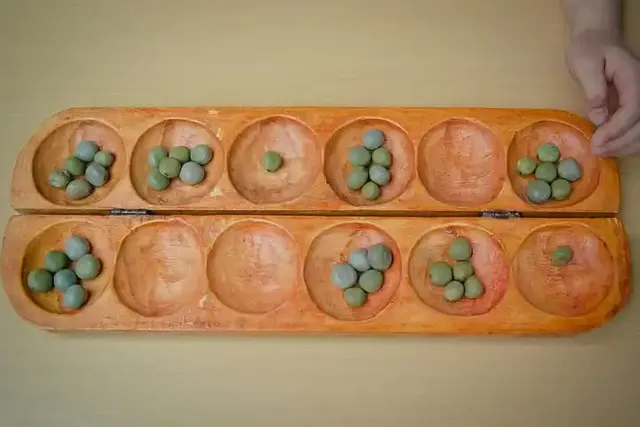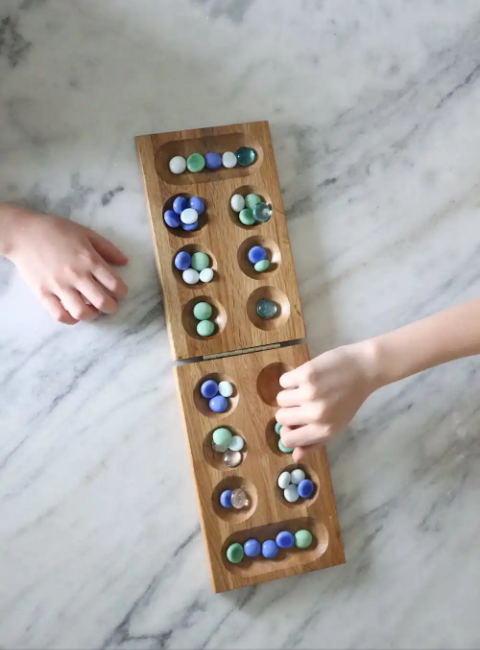SFT Contest #1 || Write us about a Traditional Game by @barnsbarnabie
Introduction
What's up, fellow steemians in the Steem For Tradition community? It's my pleasure to publish my first post, which happens to be a contest entry in this community titled "Traditional Game" . organised by @pea07.
This is super, and it should be fun as well. Let's dive in.
About traditional games:
Traditional games have been part of human history for ages. Some of these games are played for the purpose of entertainment and fun, while others are not just for entertainment but also teach great lessons through their rules.
Traditional games are without doubt a great heirloom in recreating the world's cultural heritage, even though they are often neglected. Nowadays, sporting activities are gradually replacing traditional games; this has been one of the major problems affecting the easy passage of traditional games to the coming generation.
Traditional games are very important to children. They teach children how to think and work for themselves with focus and to be skillful, and they are even trained by these games to be able to have conversations with adults.
In this simple post, I'll be narrating about the traditional game I loved playing while growing up and if I'm still interested in it.
Mancala traditional game
First off, it'll make sense to know the meaning of Mancala. It's simply derived from an Arabic word, Naqala, meaning to move.
Mancala is a board game for two players. It's a turn-based type of game. It originated as far back as the 7th century in ancient Egypt. It's one of the oldest games that's still played today in different parts of the world.
It's played with either small seeds, stones, or dice in around six holes or pits on each opponent's side. It can be on a board or, locally, on an earthen surface.
The main objective of the mancala game is simply to accumulate as many seeds as possible from each other's side.
By merely looking at the game, it can be described as a simple game, but not really. It's not a luck game but a skilled game that requires calculation and strict strategy.
How I played the traditional Mancala game while growing up
It was one of my favorite games, always fun to play with my cousin brother.
Ours was always on the ground since we couldn't afford the board. This was as far back as about 18 years ago, not too long, but yet we couldn't afford the board. It turned out to us that playing it on the surface was even better since it can be played anywhere; just make the holes in the ground within minutes and you're free to go.
I first learned the game by watching our elders play. It was even an illegal act for children to be playing the mancala game in my place. This was simply because the elders sometimes bet their funds in the game, and to them, children will emulate the act, which will bring them harm. Now you can understand that it was better for us children to be playing it in hidden places rather than in public and on the board.
How skillful was i in the game?
very much after a few months of watching and practicing. And after mastering it, it seems to me like a game of strategy rather than luck, as I used to think.
Still interested in the game?

Source: Unsplash
Mancala wasn't the only game I used to play while growing up; some other ones were included too. Now that I've advanced, I've lost interest in most of these games, but not this one, which remains my favorite.
I still love watching people play the traditional Mancala game, though I do not participate in it again due to the change of environment.
Though the board is for sale here, but neither any of my friends nor my neighbors know how to play it which made me not to consider buying.
I might have the opportunity to play it again when I visit my village.
Cheers to Better living everyone.
Sideways photo sources
| Unsplash photo | Pexel photo |
|---|---|
| Unsplash.com | pexel.com |
I invite @jesutosin, @kingter8 and @prolee to participate.


